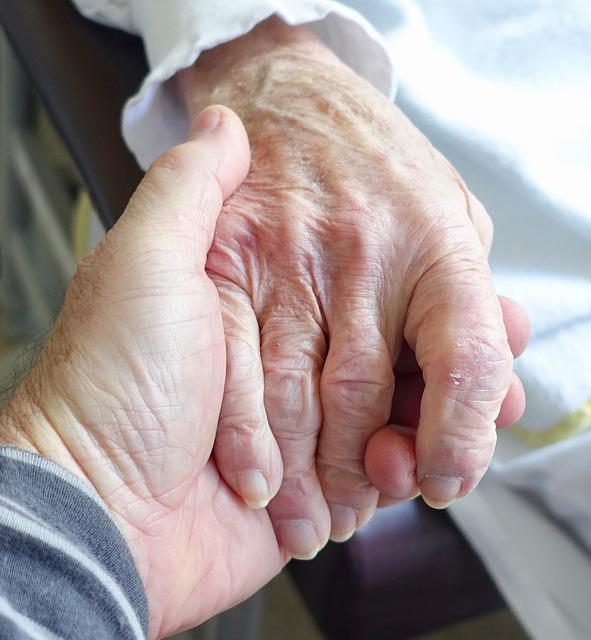
Alzheimer's disease can cause a person to lose all their abilities. They might not be able walk or talk or to control their bladder, bowel or bladder movements. They may even be susceptible to malnutrition or skin breakdown. They require a lot of care because of their limitations. For their families, this can be an incredibly stressful time. Here are some ways to ease the burden of caring for a loved one.
Monitoring eating during the late stages of Alzheimer's
Late-stage Alzheimer’s requires that you monitor your eating habits daily. This disease can make it more difficult for people to eat, and they may forget to drink fluids. These people may have difficulties swallowing hot liquids and water. To keep your loved one satisfied, consider serving meals in a familiar location and following a routine. Keep distractions at a minimum so that your loved one doesn't get distracted, whether they are preparing food or serving it.

Depression
As the disease progresses in your loved one, you may see signs of depression. A loved one who has dementia may find it difficult to cope socially and experience feelings of withdrawnness. They might also have difficulty remembering their current location or close relatives. It can be difficult to dress or manage money. As a caregiver, you must be able understand and support your loved ones' symptoms. Talking to your loved can reduce their suffering and help prevent depression episodes.
Fatigue
It is crucial to pay attention to the fatigue levels of loved ones when you are caring for them. Alzheimer's patients will likely need assistance with daily tasks such as feeding, caring for their pets, and answering mail. The final stages can cause caregivers to feel exhausted. With the right care and support, your loved one can still be positive, despite fatigue.
Symptoms
Although Alzheimer's is characterized by an increase in wandering, personality and behavioral changes, many people with the illness are still able participate in everyday activities. These people may only need help with basic tasks or to streamline their daily lives. Sometimes, they may be able to benefit from respite, adult daycare or other services that help them manage their daily life.

Treatment
Caregiver's can find it physically and mentally challenging to care for their loved one in the final stages of Alzheimer's. You can ensure your loved one has a high quality of life up to the end with the right care. You can rely on your loved ones and friends to help you through this difficult time. A health professional can assist you in organizing family meetings to discuss the process for coping with Alzheimer’s. Your loved one deserves dignity and respect, so they deserve to have their final days taken care of with the highest level of care.